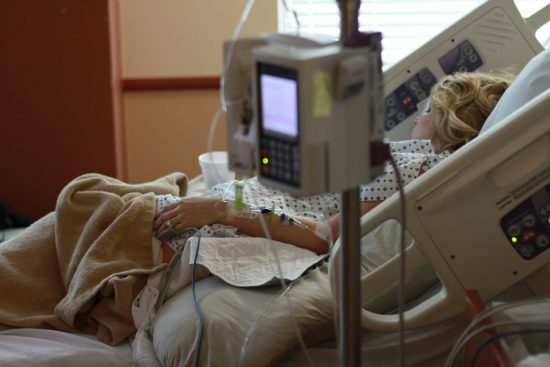C-reactive protein testing in primary care for acute respiratory infections: a cost-effective strategy to mitigate antimicrobial resistance across different income settings
C-reactive protein (CRP) testing is a point-of-care tool that can determine if respiratory infections are self-limiting, reducing the need for antibiotics. It aligns with WHO’s people-centred strategy to address Acute Mycobacteria (AMR) and Sustainable Development Goals. High-income countries have implemented CRP testing to reduce unnecessary prescriptions for respiratory infections. Low-cost devices have shown the benefits and cost-effectiveness of CRP testing in public and private healthcare settings. However, concerns surround its diagnostic accuracy, as imperfect sensitivity could lead to withholding antibiotics from patients. Most patients with AMR have CRP concentrations well below the thresholds used to rule out their need for antibiotics. Policy makers may be hesitant to adopt CRP testing in anticipation of superior tools, but multiplex host biomarker tests have not yet shown to reduce antibiotic use in primary care settings. Affordability and cost-effectiveness are major concerns, as antibiotics are widely available in many LMICs for as little as $2-3.
AMR NEWS
Your Biweekly Source for Global AMR Insights!
Stay informed with the essential newsletter that brings together all the latest One Health news on antimicrobial resistance. Delivered straight to your inbox every two weeks, AMR NEWS provides a curated selection of international insights, key publications, and the latest updates in the fight against AMR.
Don’t miss out on staying ahead in the global AMR movement—subscribe now!







